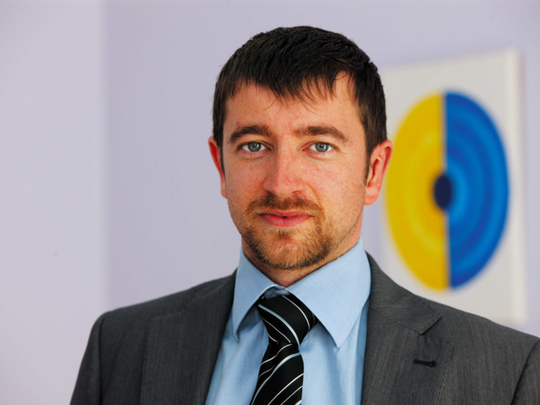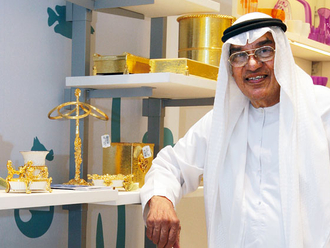
When you’re taking over 20 photographs of your own face, every day, the fine line between healthy self-image and narcissism can blur away.
The debate has been going on for a few years now - are selfies pushing already self-obsessed teenagers over the brink of sanity? How much is too much when it comes to selfies?
According to clinical psychologist, Dr Andrea Tosatto, taking pictures isn’t really a new phenomenon.
“If we relate to Asian cultures, for example Japanese or Filipinos, we can assume in reality as a culture they always had a kind of obsession of taking pictures. Selfies are just an extension of the obsession, not just for the country but globally,” he said.
Documenting significant moments in a person’s life through a personalised approach can be a creative way to make memories, but when a person feels obliged to submit proof on social media of every bit of fun he or she has, it can be a sign of underlying anxiety.
“In some way it’s a way of telling the world: hello I’m here I exist,” Dr Tosatto said.
Extreme selfies according to him were the symptom of a bigger problem — a society competing on popularity and pushing people towards isolation.
“Because of social pressure I need to appear successful, be someone. The long term problem will be because of this mentality, not extreme selfies themselves, which are actually just the symptom of the problem,” he said.
Observing the weirdness of the behaviour social media compels people into — taking pictures of their food or inventing the duck face — Dr Tosatto spoke about the need for living moments instead of documenting them.
“I would recommend that people spend more time watching the world and less time watching themselves.”








